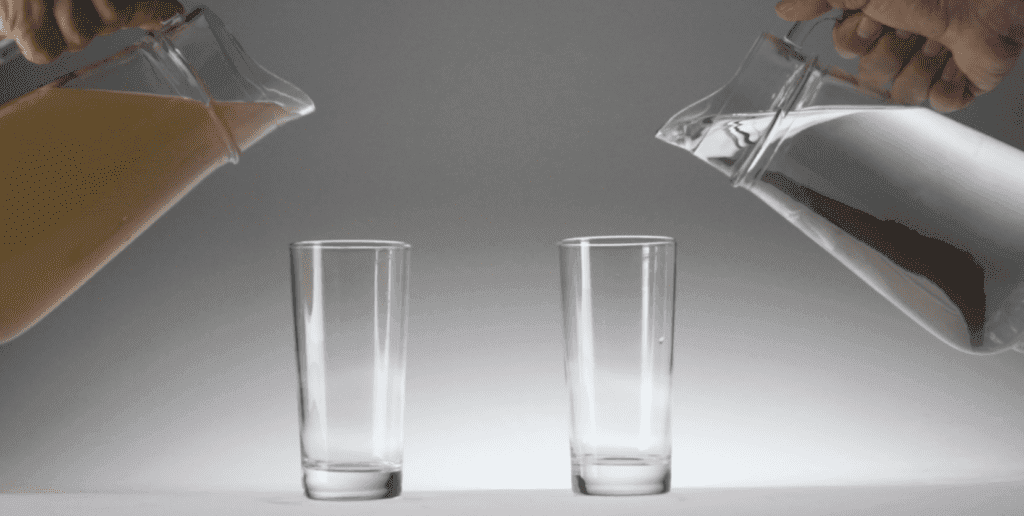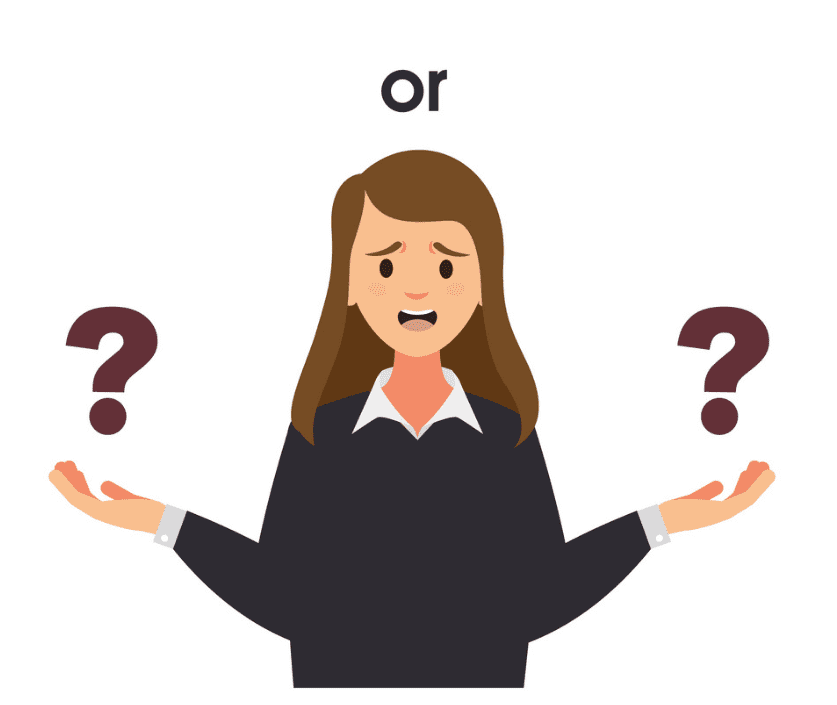INTRODUCTION:

In this blog, Which Is Better purified or Filtered Water? We will help you determine which is the better option for your health and your everyday water needs. Water quality is an important aspect of maintaining health as best as we can, and in Australia, with drinking quality being of utmost importance, the choice can seem difficult.
Many Australians drink municipal water supplies, but often, considering potential contaminants, taste, quality, and overall satisfaction offers an opportunity to start to filter or purify your water. We would like to dispel the differences between the two options, the benefits to both options, and some problems with both options, so you can decide on the best type of water on a preferred basis for you and your family.
What Is Purified Water?
Purified water means water that has gone through many methods of purification or processing to remove unwanted impurities, contaminants, and other foreign substances. These purification methods can include reverse osmosis, distillation, and deionization. Purified water has been thoroughly processed and treated to a level that can remove bacteria, viruses, heavy metals, and other contaminants and pollutants. The treatment and purification process typically involves a multi-stage treatment and filtration process that results in water that is virtually 100% clean and free of contaminants, harmful substances, and impurities.
Benefits of Purified Water:
Completely Removes Contaminants: Purified water goes through extensive filtration processes that make it one of the cleanest drinking water options in Australia. This is particularly useful in areas where it is uncertain how safe the tap water is or after an industrial accident that may have polluted the environment.
Reduces Heavy Metals & Chemicals: The purification process eliminates harmful chemicals and heavy metals, such as lead, chlorine, and pesticides, that may still exist in municipal drinking supplies and have strong negative health effects even after being treated.
Medical and Industrial Applications: Because of its high level of purity, purified water is desirable for use in a hospital (or medical facility) environment, laboratories, and the pharmaceutical industries in which the consequence of even the slightest contaminant could affect an ability to conduct research or the safety of a patient.
Better for Individuals with Sensitivities: Those who have weakened immune systems, health concerns, or allergies may greatly benefit from drinking purified water because the process removes nearly all possibilities of contaminants in water that could elicit an adverse reaction.
Drawbacks of Purified Water:
Eliminates Natural Minerals: Purification removes natural minerals like calcium, magnesium, and potassium, which benefit joint health. An increasing number of Australians like drinking water with the natural minerals included, as they believe their body absorbs those minerals for optimal hydration properties.
Expensive Process: Purification requires an advanced filtration system that can be expensive. Households wanting to have a purification system installed in their home must budget for the associated costs of purchasing, service, and maintenance.
Water Wasted in Filtering Process: The two most common purification methods, reverse osmosis and distillation, use water waste in the process. In many cases, reverse osmosis and distillation water filtration systems waste more than 1 liter of water for every 1 liter of purified water.
What Is Filtered Water?
Filtered water is simply water filtered through a filtration system designed to take out impurities, contaminants, and unwanted particles. Unlike purified water, filtered water keeps those essential minerals, which is why filtered water has been beloved by Australians who want “clean” and “safe” drinking water while still retaining the minerals in water. There are various resources to filter water that including activated carbon filters, ceramic filters, UV filtration systems, etc.
Benefits of Filtered Water:
Removes Harmful Substances While Still Retaining Minerals: Filtered water gets rid of chlorine, bacteria, and sediments while keeping the important and healthy minerals our bodies need, like calcium and magnesium. Our body is better hydrated with filtered water since it is a drink that is more natural and, hence, healthy.
Improves Taste and Odor: Water filtration systems are very important to remove chlorine and other chemicals that can affect the smell and taste of your tap water. The majority of Australians enjoy drinking filtered water instead of tap water due to the benefits of freshness and taste.
Affordable and Eco-Friendly: Water filtration systems such as activated carbon filters and UV filters are affordable, unlike purification systems, since they don’t leave waste water. For households that want to prevent water waste, buying a water filtering system makes water sustainable.
Easily Accessible: Many Australian households are actively using water filtration systems, such as pitcher filters, faucet filters, and under sinks, which make it easily accessible. These filters are convenient and do not take much effort to maintain.
Disadvantages of Filtered Water:
Not as Comprehensive as More Thorough Purification: The Filter does a great job of eliminating contaminants, but some contaminants, like certain bacteria and viruses, may not be eliminated with those methods.
Filter Needs Ongoing Maintenance: Filters need to be changed often. If a filter is not continually checked and consistently changed, it will put bacteria back into the water, defeating the purpose of the entire filtration system.
May Still Be Present in Trace Amounts: As mentioned already, filtered water is much cleaner than tap water, but depending on how the water is filtered, some small amounts of contaminants may still be present.
Purified vs. Filtered Water: Which Is Better?

Selecting purified or filtered water will depend on personal preference, cost, and health. Let’s visualize some situations where one is more appropriate than the other:
When to Use Purified Water:
· If you truly need the purest type of water, say for medical or laboratories.
· If your water source is significantly damaged by contaminants and has to be treated extensively.
· If you have immunity issues and you have to avoid even minute traces of viruses or bacteria.
· If you want to eliminate the possibility of any impurities, no matter what, including pesticides, heavy metals, and industrial contaminants.
When to Choose Filtered Water:
· If you would prefer clean, safe drinking water without sacrificing crucial minerals.
· If you are searching for a cost-effective, eco-friendly option that doesn’t create unnecessary waste.
· If you want to improve the taste and smell of your tap water by eliminating chlorine and other contaminants.
· If you want a manageable, practical solution to enhance hydration and cooking daily without expensive filtration systems.
Which Option Is Best for Australian Households?
Although tap water in Australia is generally of high quality, many people prefer to filter their drinking water because they are concerned about the presence of chlorine, fluoride, and other chemicals that are commonly found in municipal water supplies. Filtered water is an ideal solution for the typical Australian household as it:
- Removes common contaminants whilst retaining vital minerals.
- It is cost-effective and requires little maintenance compared to purified water systems.
- It is environmentally preferable since it doesn’t create excessive waste of water (unlike some purification methods).
- Improves taste and removes odors, which makes it ideal in the kitchen or for drinking.
However, if you have particular health concerns or if you need ultra-pure water, you may want to consider purchasing a purification system.
Final Thoughts
While purified water and filtered water effectively provide clean drinking water, in most situations, filtered water is the better option for Australians. Not only is filtered water cheaper and more environmentally friendly, but it also retains essential minerals that people need!
For those whose primary focus is the purest water possible, like someone with a compromised immune system or other medical concern, purified water is a much better option for them.
When considering whether water to choose, it’s important to consider things like your budget and health concerns, as well as your carbon footprint. The best water is simply the water that keeps you hydrated and healthy.
_edited_9.png)